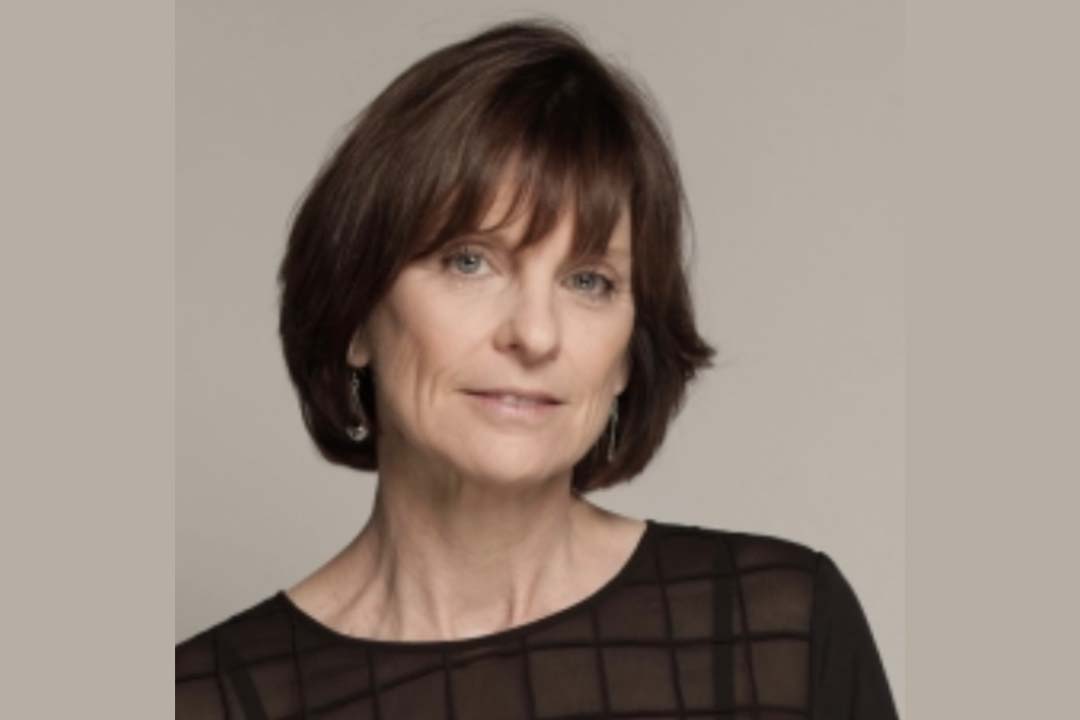Professor Melani McAlister’s latest book, The Kingdom of God Has No Borders, is a groundbreaking, transnational study of American evangelical politics. Critics laud the monograph as “meticulously researched,” “deeply absorbing,” and, quite simply, “an enthralling work of stunning originality and ingenuity.” Prior to her book launch, McAlister took the time to discuss her book’s beginnings and conclusions:
"I am generally interested in how ordinary people become invested in international issues. My first book was on American perceptions of the Middle East, and I knew that US evangelicals were an important component of US support for Israel. I followed that thread and discovered the very broad range of ways that US evangelical Christians, both black and white, were invested in international issues regarding the Middle East and also Africa. That led me to this broad history of American evangelicals in a global context, starting with debates about decolonization in the 1960s and ending with the debate over anti-homosexuality laws in Uganda.
I was surprised at how vigorous the debates have been among evangelicals, about issues including racism, gender politics, global poverty, religious oppression, and the US war in Iraq. This is a conservative movement, but not monolithically so, and not always in ways we expect. I was also surprised at just how global evangelicalism is. Americans tend to be a bit narrow in our understandings of the world, and this is true for evangelicals too, in general. But increasingly American evangelicals have had to start taking seriously the fact that Christianity is a global religion, numerically stronger in the global South, and that has led them to become more aware of the issues facing people outside the US, from HIV-AIDS to debt relief. Being more global isn't always a liberalizing force for evangelicals—sometimes it can strengthen conservative arguments about gender and sexuality or about conflicts between Christians and Muslims—but once we scholars pay attention to transnational realities, it changes how we see the politics among Americans. As I say in the book, the profound political differences that exist among evangelicals are easier to see if your vision encompasses both Kinshasa and Kansas.
Going forward, it’s important to pay attention to the evangelical world beyond white American evangelical conservatives. They are certainly very important, and they were a major force behind the election of President Trump, but both in the US and internationally, there are key political divisions to consider. People of color constitute 25-45% of the US evangelical community, and they are a clear majority globally. They share some views with white Americans and they disagree strongly on others. We need to pay attention to the complexity, diversity, and debates that characterize American evangelicals and their global context."
Professor of American Studies and International Affairs


